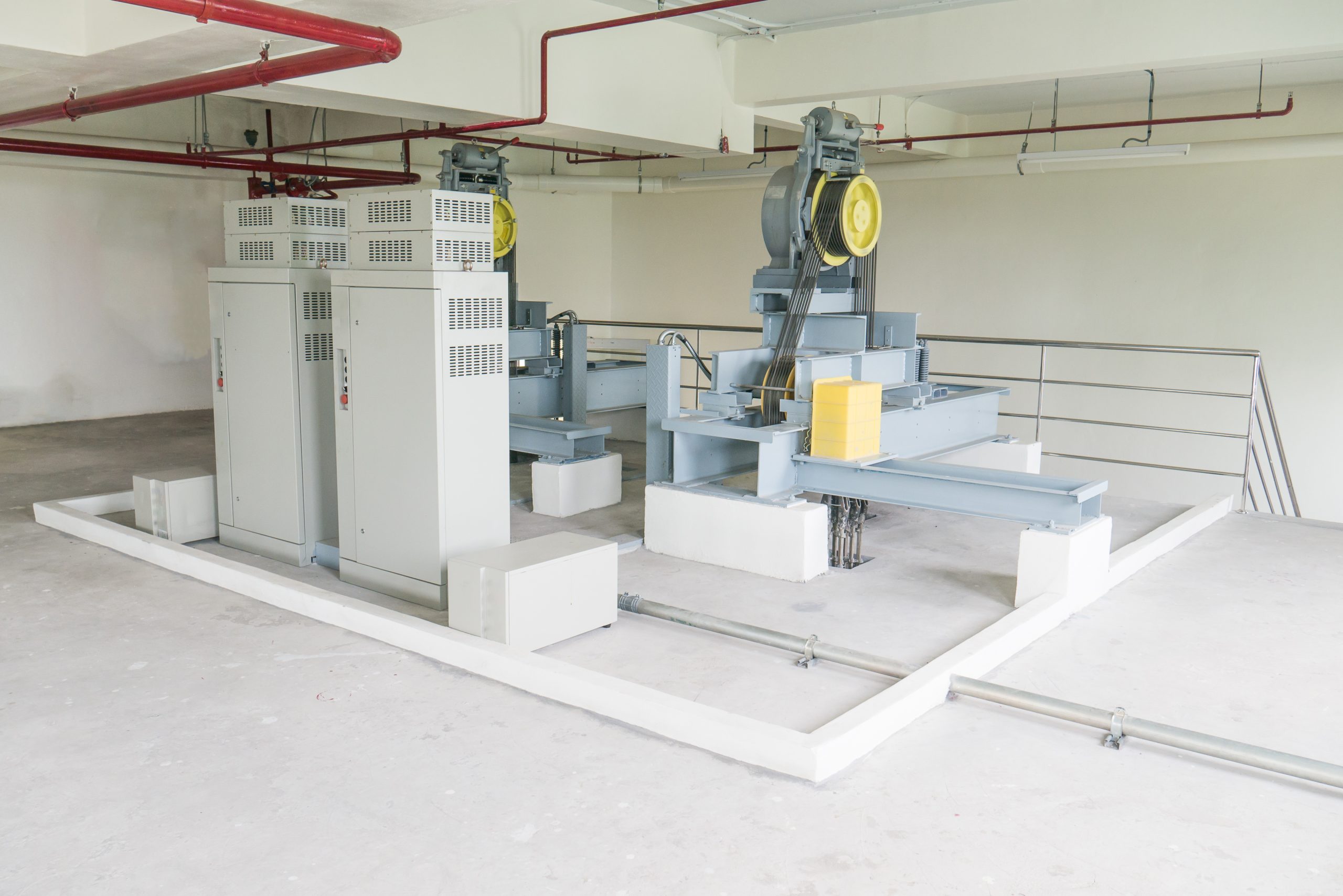
Are you prepared for power shedding?
With high temperatures across the country causing residents and businesses to crank up their air conditioning, energy companies are struggling to meet demand. Accomnews spoke exclusively with My Generator co-founder Sean Connolly about how accommodation providers can prepare for potential ‘power shedding’.
According to Mr Connolly, residents and business owners across the country found last summer challenging with what he refers to as an energy crisis. Summer 2016/17 saw areas in Adelaide, South Australia and Queensland subject to a high demand for power and a subsequent power shut down during heat waves.
“Energy providers can’t provide electricity so they power shed and switch off power to certain areas,” Mr Connolly explained.
“In Adelaide last year there were 1.2 million people effected for over eight hours. In the event of something like that happening to accommodation providers, they’re basically stuck. Their business grinds to a halt.”
[pro_ad_display_adzone id=”15046″ align=”left”]Typically, accommodation providers are required to have emergency power provided via a back-up generator that enables emergency lighting in hallways and fire exits and can also operate lifts. While this may be enough energy to assist guests in entering and exiting the building, it’s not conducive to operating a fully-functioning hotel.
With power shedding expected in Queensland this year, and with Victoria struggling following the closure of the Hazelwood Power Plant, Mr Connolly urged accommodation providers to consider how they will prepare and act during the possible event of a power outage.
“Demand for electricity keeps increasing, so have to expect it will happen,” he said. “It already happens in Adelaide and Melbourne, and it’s now pushing into New South Wales and Queensland. It’s a delicate time, so hoteliers and accommodation providers should already have an emergency power source like a back up generator that will provide power for lifts and emergency lighting. What they might not have is a generator that has the capacity to run the rest of the business.”
His advice to accommodation providers? If you’re in a part of the country that is likely to be impacted, then mitigate against those effects by considering a back up generator that will run mission-critical devices such as a reception desk and air conditioning.
“It’s not a small expense,” he admitted. “But the cost of losing days of trade would mean that it certainly pays off. It’s better than closing for a couple of days.”
“It’s a matter of contacting a generator supplier and getting an electrician out to do a load test and work out how much power is required to run what they deem to be a mission-critical business.”
While costs will vary for accommodation providers depending on the number of rooms they have, what type of air conditioning they use, and where they are located, Mr Connolly estimated that the cost of buying and installing a back up generator to provide power to a small hotel of 30 rooms would cost approximately $20,000. Whether or not it’s worth it is completely based on your location.
“Some outages are longer than others,” he explained. “For example, in regional Queensland the frequency and length of power outages are much higher than other parts of the country. In Sydney the frequency and duration is much lower.”
With generators in high demand this summer, Mr Connolly urged accommodation providers to prepare before the event of an outage.
“There’s nothing quite like going through it, so make the investment early. The upfront cost of a generator is very small compared to the potential loss of unhappy guests.”
Lauren Butler is a junior journalist here at accomnews. You can reach her at any time with news, opinions and submissions.







